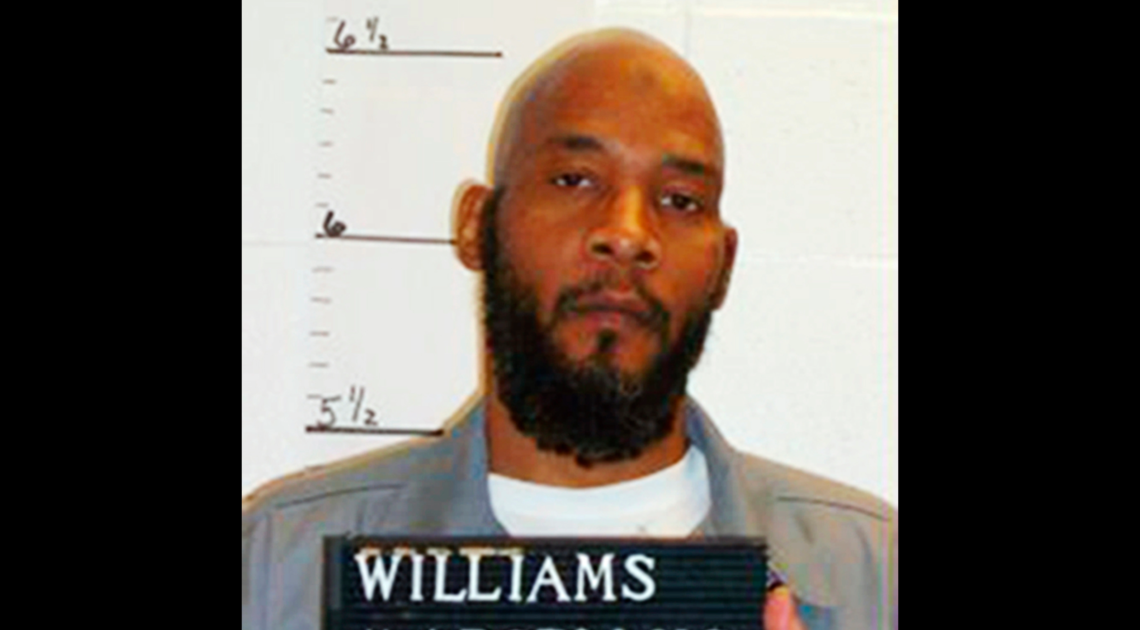The execution of Marcellus Williams is set to proceed as scheduled Tuesday after the Missouri Supreme Court and the state’s governor both rejected pleas to halt the procedure.
An attorney for Williams argued Monday that the state Supreme Court should halt the lethal injection because a trial attorney prevented a Black man who he thought looked similar to the defendant from serving on the jury, but the court rejected that argument.
“Despite nearly a quarter century of litigation in both state and federal courts, there is no credible evidence of actual innocence or any showing of a constitutional error undermining confidence in the original judgment,” the court said in its decision.
Williams is scheduled to be executed at 6 p.m. CT on Tuesday for the 1998 stabbing death of Lisha Gayle in the St. Louis suburb of University City.
Williams, 55, has asserted his innocence. But his attorney did not pursue that claim Monday before the state’s highest court, instead focusing on alleged procedural errors in jury selection and the prosecution’s alleged mishandling of the murder weapon.
The state Supreme Court should “correct an injustice” either by declaring that a prosecutor wrongly excluded a potential juror for racial reasons or by sending the case back to a lower court to determine that issue, attorney Jonathan Potts argued on behalf of Williams.
Republican Missouri Attorney General Andrew Bailey’s office has argued for the execution to proceed. The trial prosecutor has denied that he had racial motivations in removing potential jurors and did nothing improper — based on procedures at the time — by touching the murder weapon without gloves after it had already been tested by a crime lab, Assistant Attorney General Michael Spillane said in arguments to the state Supreme Court.
Williams had requested clemency from Republican Gov. Mike Parson, an ask that focused largely on how Gayle’s relatives want the sentence commuted to life in prison without parole. But Parson on Monday said the execution would proceed following the state Supreme Court’s ruling.
“Capital punishment cases are some of the hardest issues we have to address in the Governor’s Office, but when it comes down to it, I follow the law and trust the integrity of our judicial system,” Parson said in a statement Monday. “Mr. Williams has exhausted due process and every judicial avenue, including over 15 hearings attempting to argue his…
Click Here to Read the Full Original Article at Home – CBSNews.com…

